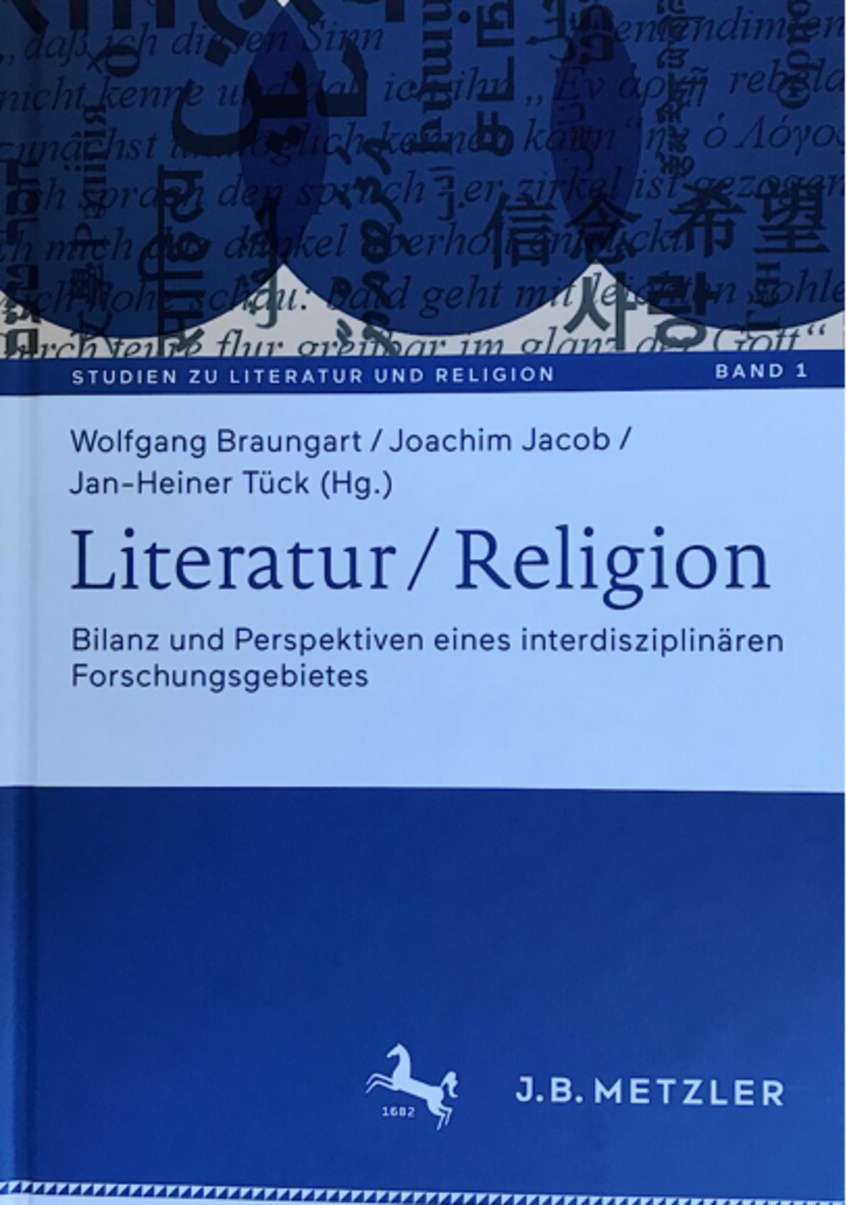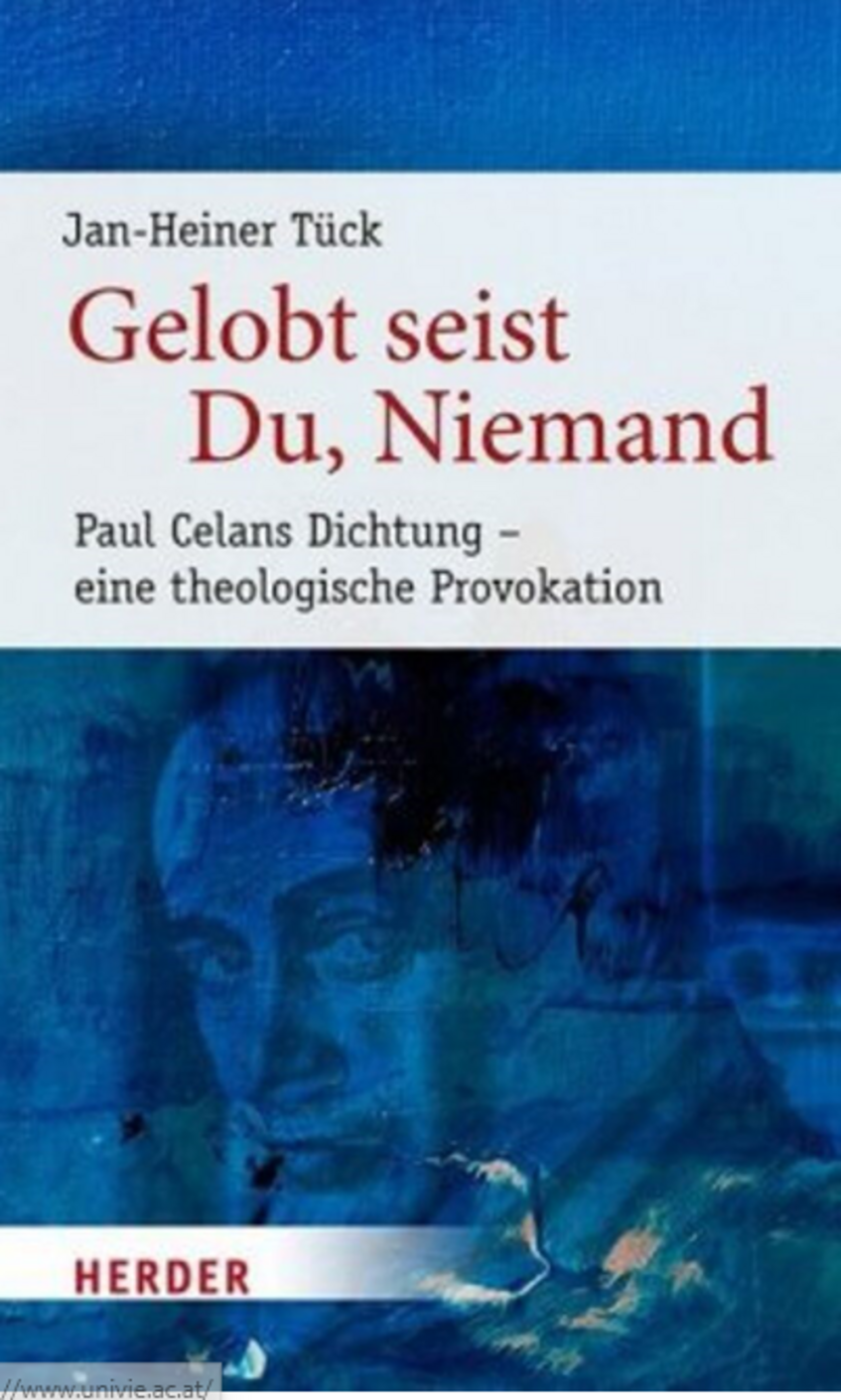Religion in Literature
In Jewish, Christian and Muslim traditions, canonical texts are of special importance. The holy scripts of the three religions are being kept alive through recitations in cultic activities and are points of departure of an ongoing commenting, interpretation and re-reading. Moreover, canonical texts have also been received and transformed through different forms of arts: in literature, music, and visual arts, moments of these texts (narrations, motifs, imaginations, images, but also elements of lived religious and liturgic practices) become visible in transformed ways. Vice versa, hermeneutics of holy scripts also points to those spaces, that contemporary literature (and other forms of art) have opened up. This leads to a complex interplay of religion and literature.
In this cluster, the mutual processes of transformation of religion and literature are analysed exemplarily. Further essential topics are the relation of poetry and prayer, a literary thematisation of life and death, guilt and grief, hope, love and belief at the threshold of religious and secular narratives. How does religious practice enter literary works and how does it occur as a structuring moment in these practices? What forms of dealing with religious duties and instructions can literature develop and coin? How do religious motifs return in alternate history? Attention is also paid to unexpected bridging functions between literature and religion, as it is attributed to humor, satire, irony, joke and polemics. In the framework of the already established poetics lectureship „Literature and Religion“, authors give insight into their writing and open up references to religion. Eventually, the relation of religion and literature is analysed through interdisciplinary exchange and in theoretical approaches.
Individuals contributing to the cluster
- Jakob Deibl, RaT and Department of Systematic Theology and Ethics
- Gerhard Langer, Department of Jewish Studies
- Jan-Heiner Tück, Department of Systematic Theology and Ethics
Institutions
- Poetics Lectureship "Literature and Religion" at the Faculty of Catholic Theology, University of Vienna
Research projects
- Friedrich Hölderlin and his reception (Jakob Deibl)
- God‘s double mission – Jesus and the Quran
- "Is there Anything New under the Sun of Polemics?" (Gerhard Langer)
- Annotation of "Die Fröhliche Wissenschaft" by Friedrich Nietzsche (Gerald Hödl)
- Third party funded project: The Iconic Heritage of Judaism.
Publications in this cluster
- Deibl, Jakob. Abschied und Offenbarung. Eine poetisch-theologische Kritik am Motiv der Totalität im Ausgang von Hölderlin. J.B.Metzler 2019.
- Langer, Gerhard. Soma Morgenstern, der Midrasch und die exegetische Erzählung. In: Jacques Lajarrige (Hg.), Soma Morgenstern – Von Galizien ins amerikanische Exil. Berlin: Frank & Timme 2014, 313-343.
- Langer, Gerhard. Wer ein lebendiges Wesen tötet, der tötet die ganze Welt. Soma Morgensterns Bezüge zu jüdischer Tradition, zu Judentum und Christentum, in: Chilufim: Zeitschrift für Jüdische Kulturgeschichte 9 (2010).
- Langer, Gerhard. Die Kinder als Bürgen der Tora. Psalm 8,3, ein rabbinisches Motiv und Soma Morgensterns Übersetzung, in: Marianne Grohmann/Ursula Ragacs (Edd.), Religion übersetzen. Übersetzung und Textrezeption als Transformationsphänomene von Religion (RaT 2), Wien 2012, 93-108.
- Tück, Jan-Heiner . Gelobt seist Du, Niemand. Paul Celans Dichtung - eine theologische Provokation (Poetikdozentur Literatur und Religion, Bd. 5), Freiburg i. Br. 2020.
- Tück, Jan Heiner; Mayer, Tobias (Hg.). Die Kunst umspielt das Geheimnis. Literarische Annäherungen (Poetikdozentur Literatur und Religion - Bd. 4), Freiburg i. Br. 2019.
- Tück, Jan-Heiner; Braungart, Wolfgang; Jacob, Joachim (Hg.). Literatur / Religion. Bilanz und Perspektiven eines interdisziplinären Forschungsgebietes, Stuttgart 2019.


